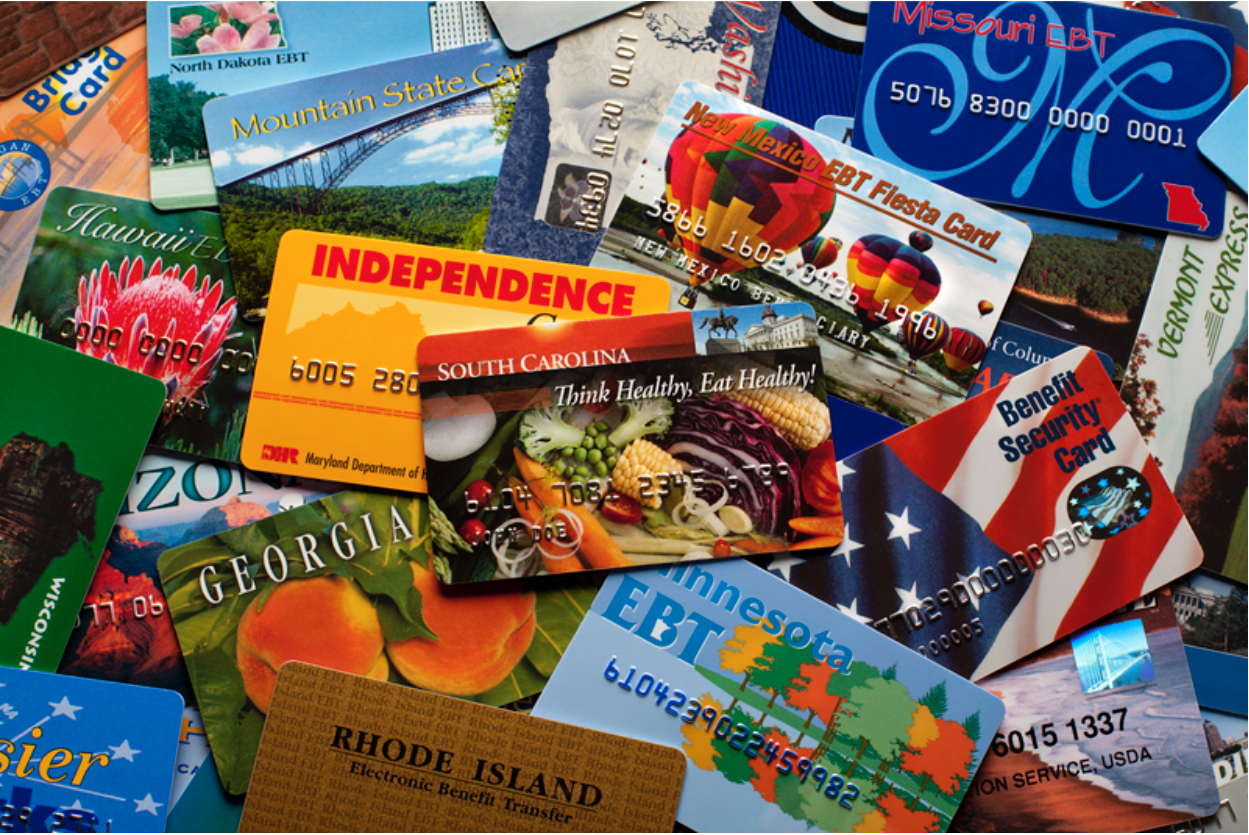Our Latest Articles
Federal fund stoppages impair local food purchasing power
Trenton, NJ – The Trump administration and its Department of Government Efficiency (DOGE) dealt New Jersey’s food system a devastating and disappointing blow in March with the cancellation of more than $26 million in funds slated for the Local Food Purchase Assistance (LFPA) and Local Food for Schools (LFS) cooperative agreement programs. These programs, administered by the United States Department of Agriculture Agricultural Marketing Service (USDA AMS), allow organizations like food banks and schools to purchase food directly from local producers.
Exploring the power of visual storytelling: Q&A with Syrian American filmmaker Fatimah Zeni | Part Two
Newark, NJ - In the Part 2 conclusion of that interview, Zeni talks about the joys of filmmaking, her upcoming projects, the intersection of journalism and filmmaking, and what movies she enjoys watching as an up-and-comer in the industry.
Exploring the power of visual storytelling: Q&A with Syrian American filmmaker Fatimah Zeni | Part One
Newark, NJ - Fatimah Zeni is a Syrian American filmmaker who recently released her first short feature, “Amal,” a character-driven drama centering on a father and daughter and the unique way in which they cope with incoming bombs in Aleppo, Syria.
Focus groups, funding to support farmers facing discrimination
(Graphic: Mandy Coriston for Square Amplified; Source USDA Census of Agriculture, New Jersey)
The Community Food Bank of New Jersey (CFBNJ) has been named as the lead organization to implement a $9.7 million Local Food Purchase Assistance Cooperative Agreement Program (LFPA) grant in New Jersey under the program name Jersey Fresh for All. The program connects what the USDA classifies as ‘socially disadvantaged’ farmers and producers to local food banks to provide fresh food in communities throughout the state.
New Jersey - the 1st to implement minimum SNAP benefits
New Jersey residents who utilize the SNAP program won’t be left in the lurch when federal SNAP emergency benefits end on February 28, as the state becomes the first to institute a minimum benefit allotment. Beginning March 1, all individuals and households participating in the program will receive no less than $95 a month to assist with the rising cost of groceries and fresh essentials.
Subscribe to Public Square Amplified.
Your community is us.





